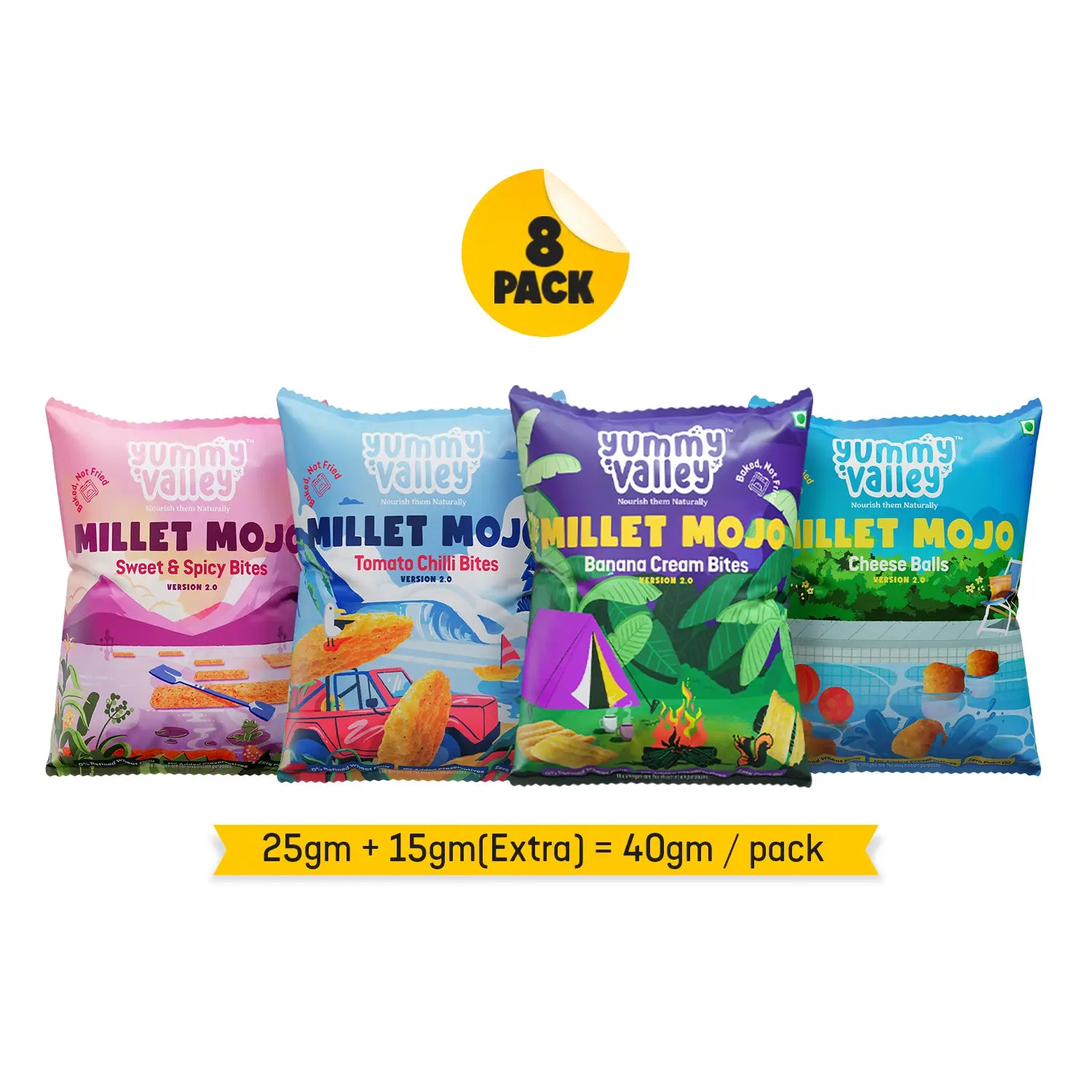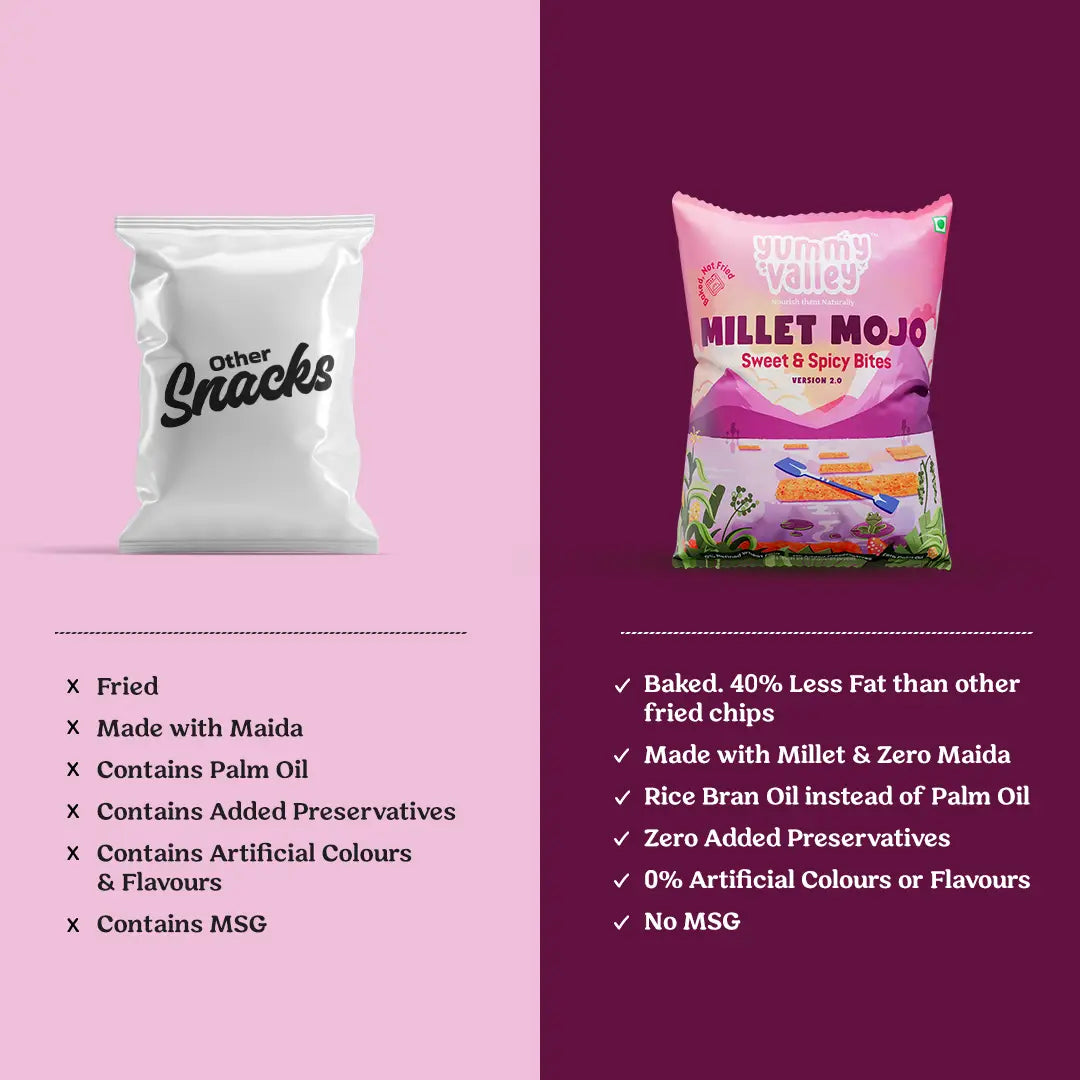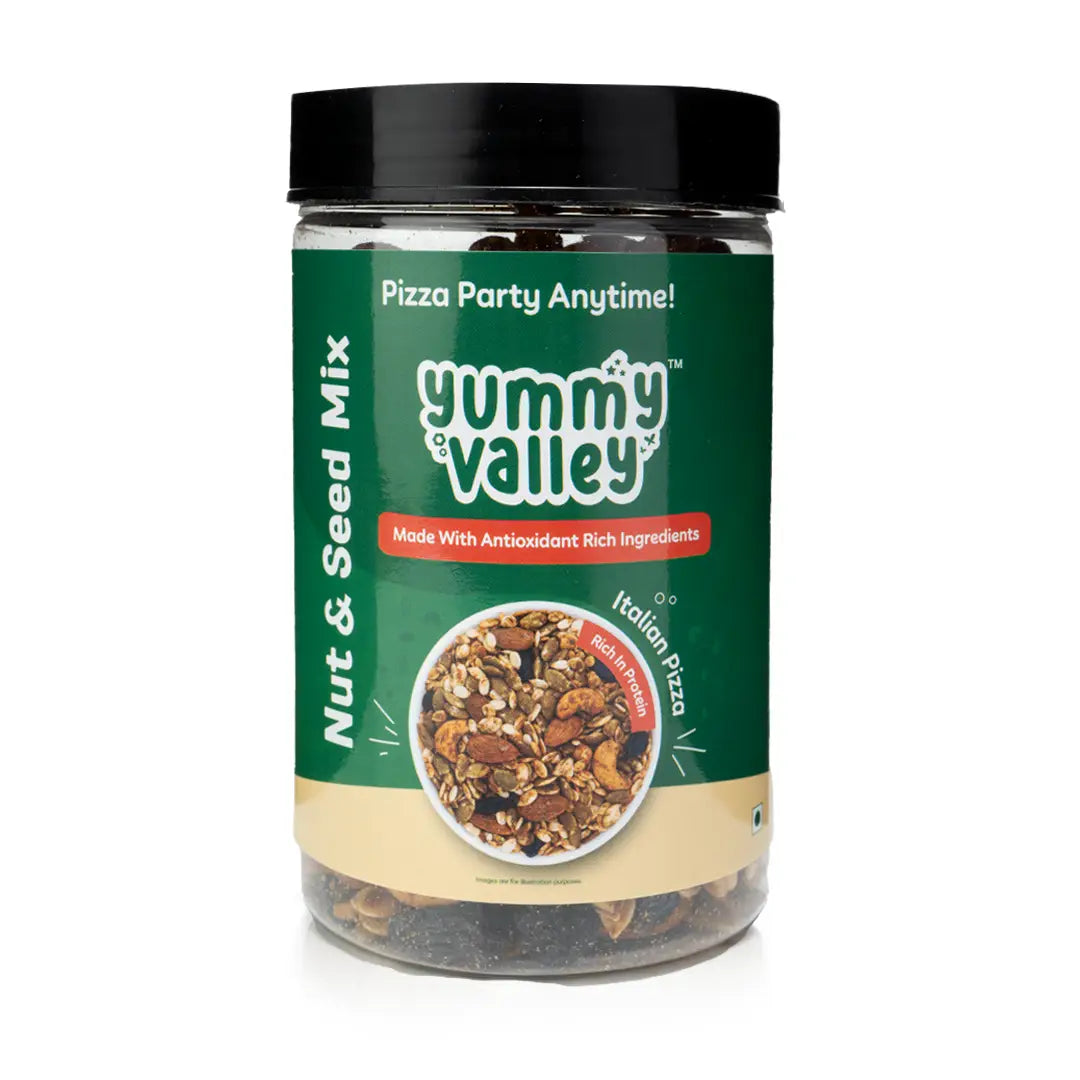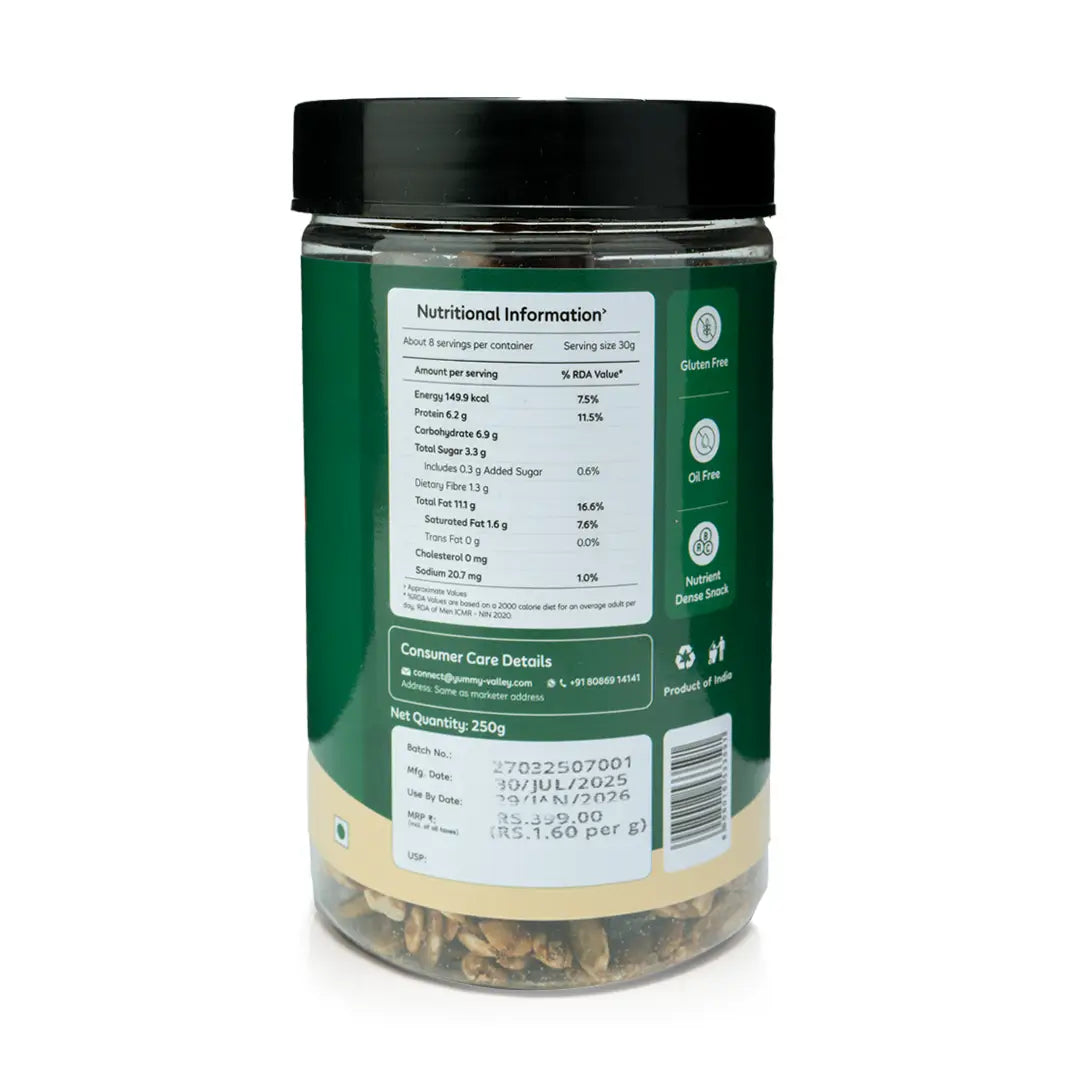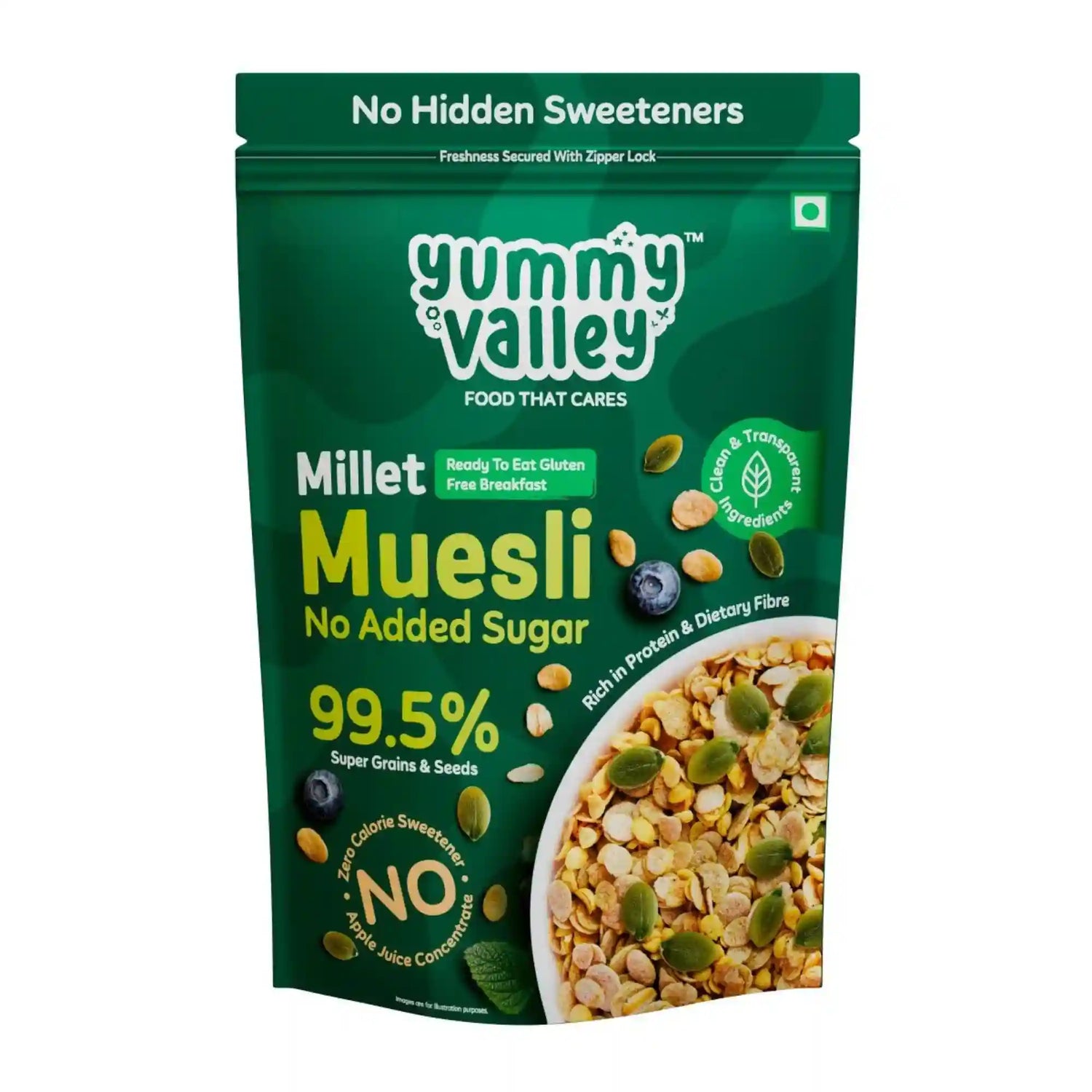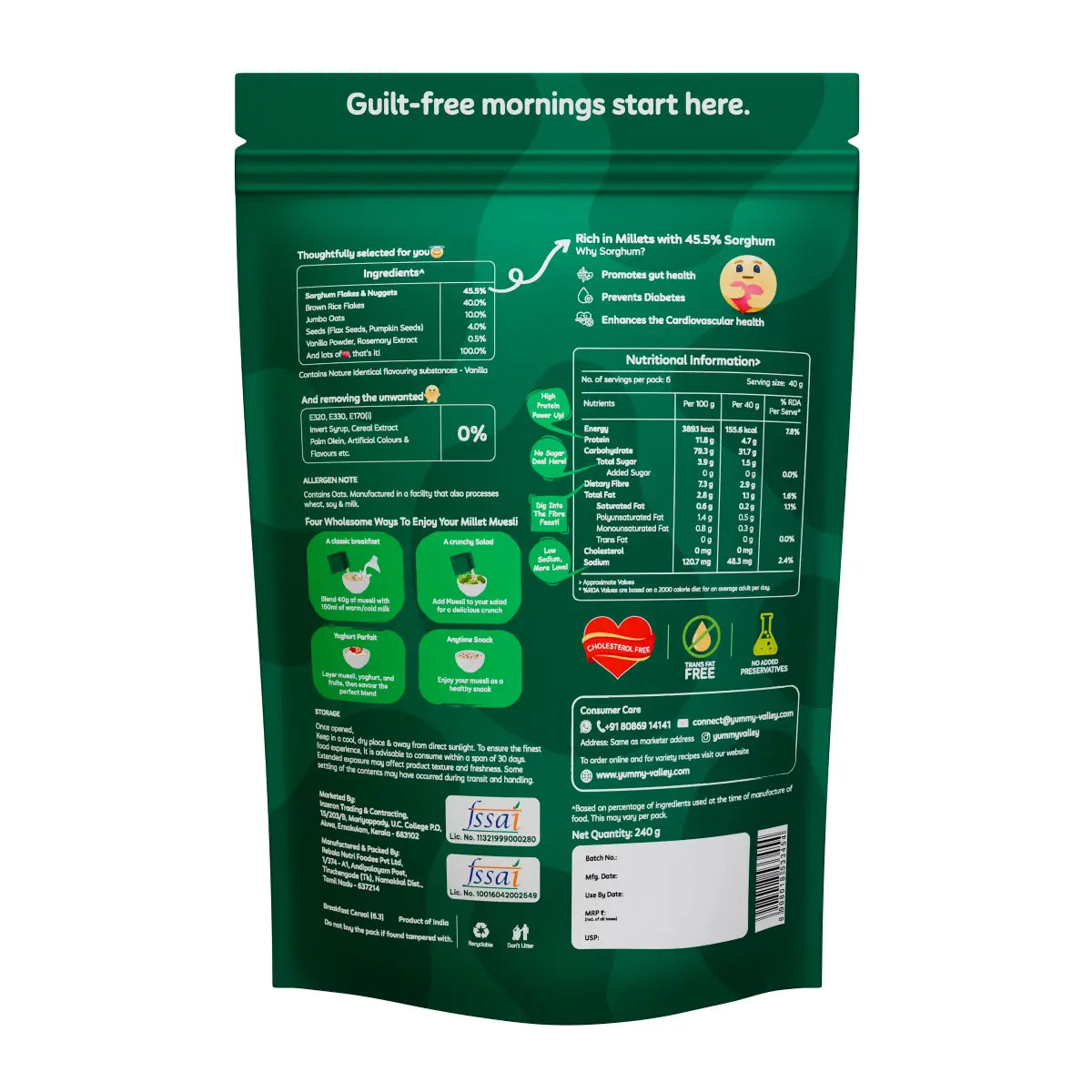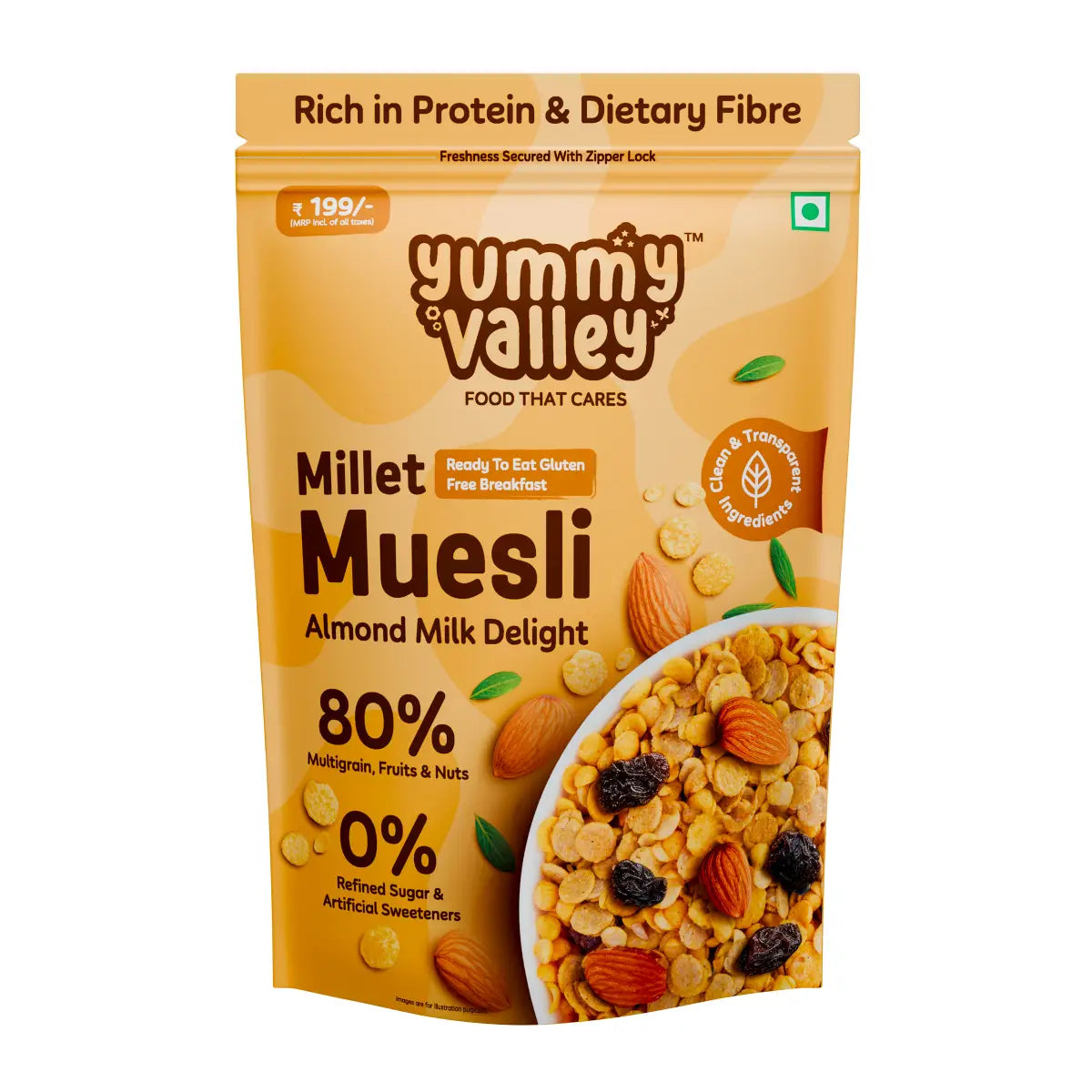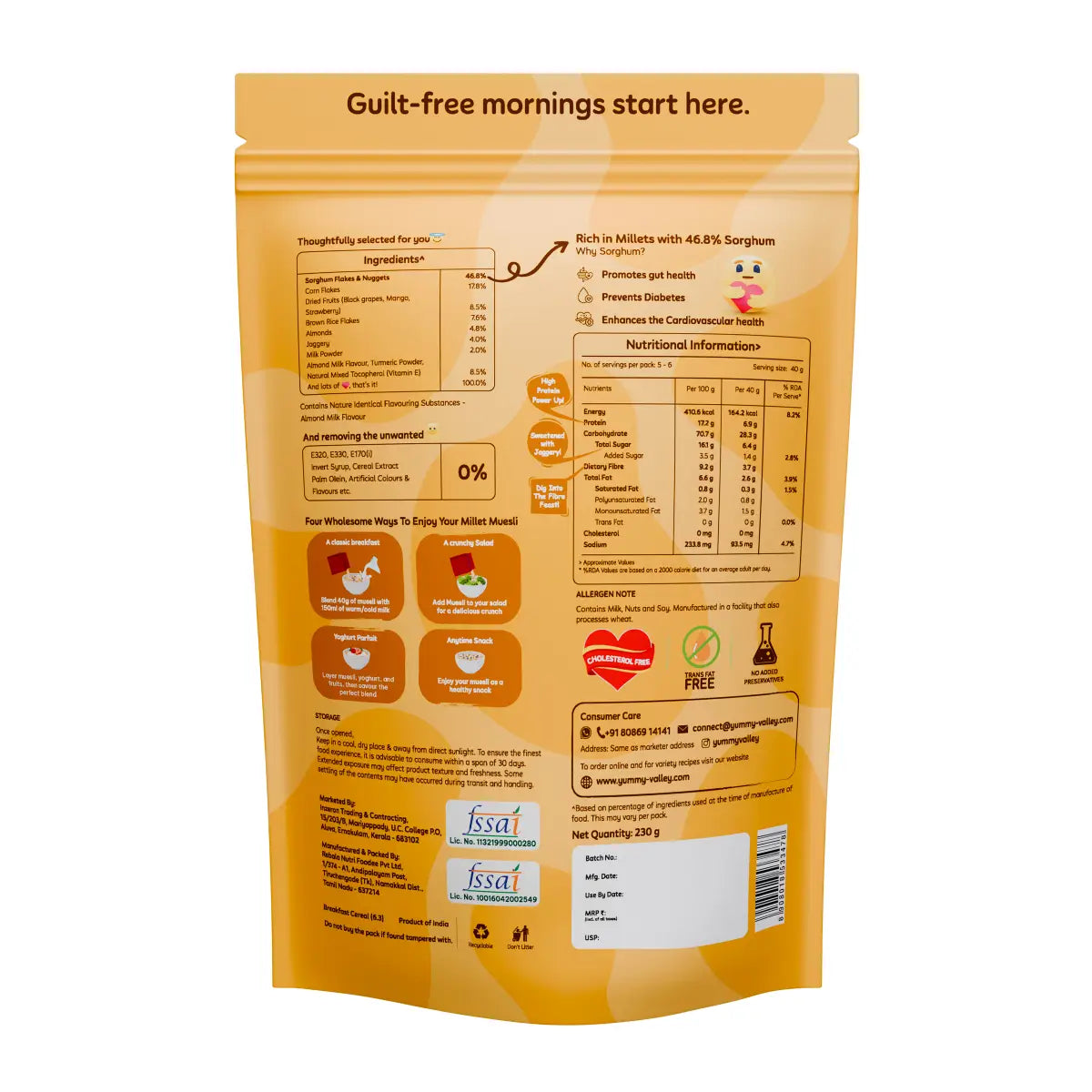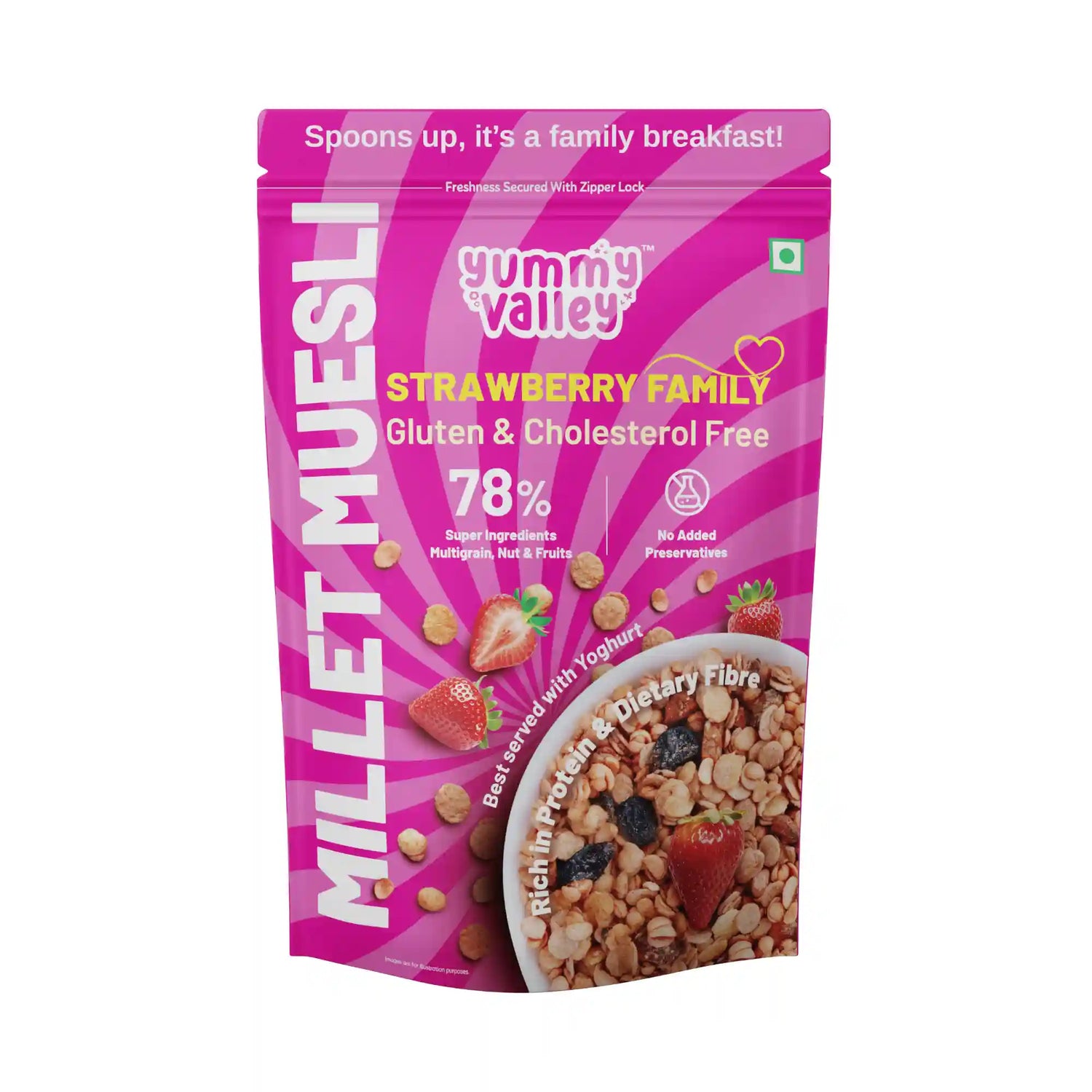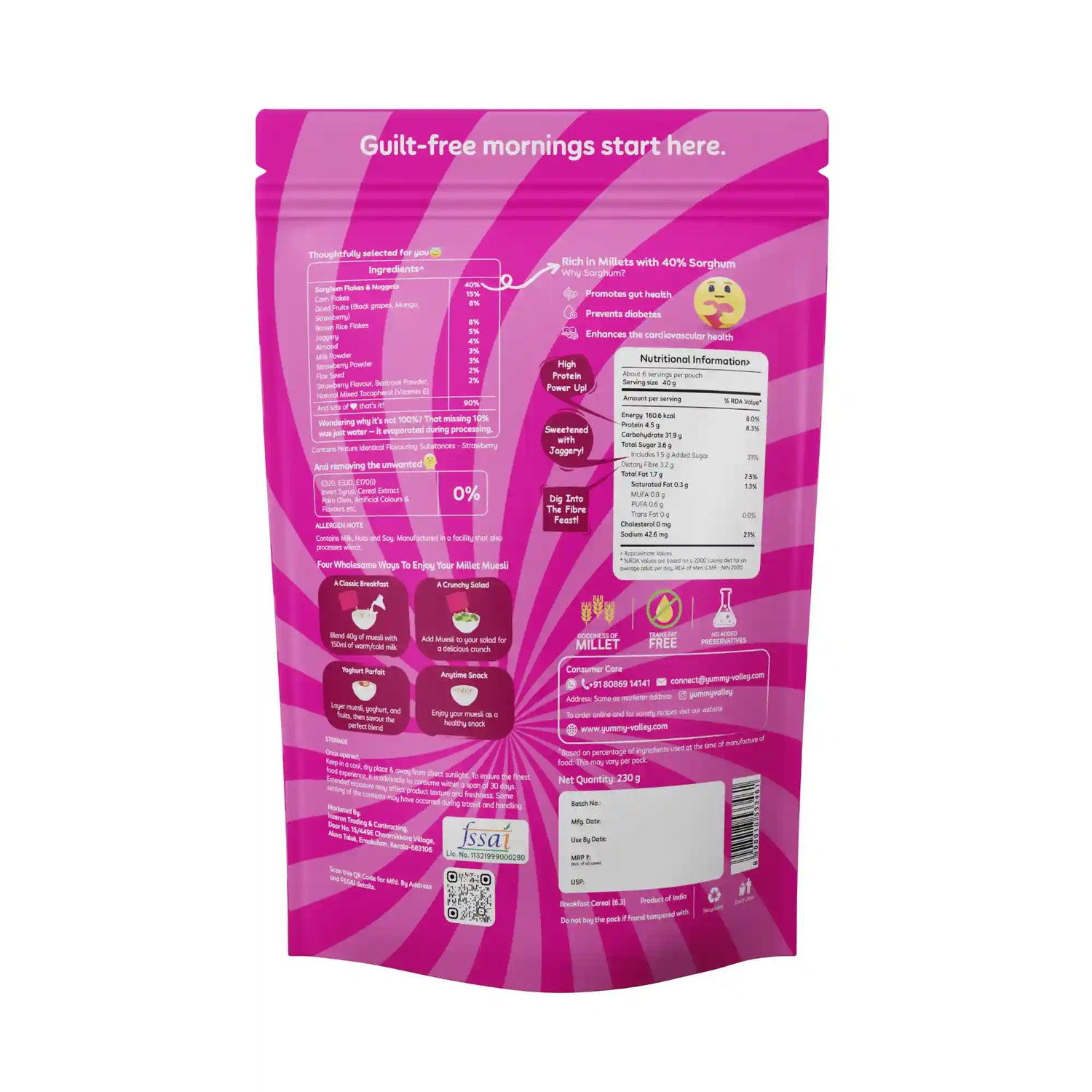Almond for Babies: Almonds have been widely recognised as a versatile nut for a time. However when it comes to adding them to a babys diet there are some factors to consider. In this blog post we will explore the world of almonds. Discuss the benefits and drawbacks they may have, for infants.
We’ll cover everything from their value to the precautions you should take ensuring that you have all the information to make informed decisions about your childs health and well being. Whether you’re a parent who wants to incorporate almonds into your babys diet or an experienced caregiver seeking to expand your knowledge this article will be a resource. Together, let's discover the joys and precautions of introducing almonds into your diet.
Almonds For Babies
Fibre, minerals, and essential fatty acids are all found in almonds, making them an excellent food source for health. In addition to having a pleasant taste, they are popular among adults and children alike. Almonds can be hard to chew for infants, so it’s best to mash them into a paste or cut them into smaller pieces. If you do not want to deprive your child of these nutritional benefits, another way is to provide him with his daily dose of almonds.
Health Benefits Of Almonds For Babies
Bitter almonds and sweet almonds are the two varieties of almonds. Sweet almonds are the most popular variety, especially when consumed raw. While the latter type does not taste bitter, it is considered a better vegetable for cooking rather than snacking. There are many health benefits associated with both varieties.
1. Boosts Brain Function
Your baby’s brain is developed through almonds’ nutrients. Almonds for babies are good for their brain development. Riboflavin and L-carnitine are found in almonds, which stimulate brain function. As we get older, almonds help keep Alzheimer’s disease at bay by improving intelligence levels.
2. Regulates Cholesterol and Diabetes
The consumption of almonds at an early age can prove beneficial in the long run, even though babies need not worry about cholesterol or sugar levels. Since almonds are a source of Vitamin E and have a low glycaemic index, they can help keep cholesterol and blood sugar levels in check. Almonds are healthy for your baby, but you must ensure they are not salted or coated with sugar.
3. Aids Digestion
Almonds have a high amount of fibre which helps prevent constipation and strengthens the digestive system of newborns by regulating bowel movements. Almonds for babies can help with digestion.
4. Strengthens Bones and Teeth
With the right amount of phosphorus present in almonds, your baby’s bones and teeth will be strengthened. Furthermore, almonds’ medicinal properties can protect one from osteoporosis later on in life. Almonds for babies can help strengthen bones and teeth.
5. Improves Immunity
As almonds are high in antioxidants and are alkaline, they help your child’s body flush out toxins, increasing their immunity. The good news is that almonds for babies are great for immunity.
6. Anti-Inflammatory
Its anti-inflammatory properties, coupled with the presence of essential fatty acids, ensure a healthy life for your child well into adulthood.
7. Good Source of Antioxidants
Having antioxidants like catechins, epicatechin and flavonol in almonds may help prevent cancer and oxidative damage caused by free radicals. If your baby eats almonds when he grows up, he will benefit from them. Almonds for babies are a good source of antioxidants.
Quick Almond Recipes for Babies
It can be challenging for infants to eat raw almonds, but there are alternative ways to help your baby achieve his daily almond quota. Almonds can be soaked in water overnight, pounded into a fine powder, or mashed to a paste. Afterwards, they can be used in different recipes.
It is best to exclusively breastfeed or formula-feed babies for the first year of their lives. If your baby turns one after the first month of breastfeeding, you may introduce other types of milk. There are many milk foods that you can submit to your baby, including cow’s milk and almond milk.
1. Homemade Almond Milk
The protein and calcium content of almond milk is lower than cow’s milk. If a child is allergic to dairy, almond milk is recommended for babies aged one or older. Be sure to buy almond milk that contains calcium and is not full of sugar if you plan to drink it. Additionally, almond milk is a nutritious way for your baby to consume the richness of almonds:
Ingredients
- 5-6 almonds
- 1 cup of water
- A date to add sweetness
- Saffron (optional)
- Cardamom (optional)
Method
After overnight soaking:
- Drain and rinse the almonds.
- Peel off the skin the following morning and blend it with a bit of water.
- Combine the date, saffron and cardamom and mix again.
- Remove any remaining solid particles from the milk with a strainer or cheesecloth.
- Transfer the clean milk to a bottle. Your baby will enjoy drinking this almond milk whenever desired.
2. Apple-Almond Puree
Ingredients
- One apple, sliced
- 2 tsp almond powder
- Water as required
Method
In some water, cook the apples until they are soft. The softened apple mixture needs to be stirred with the almond powder at this point. Make a rough mixture with a few lumps for older babies, or cool the mixture and blend until smooth.
3. Wheat Almond Pancakes
Ingredients
- ½ cup whole wheat flour
- 2 tsp almond powder
- Water as required
- Dates/sugar/jaggery for sweetness
- Ghee for frying
Method
To make almond flour, mix almond powder, sweetener of choice, and water in a bowl until you get a batter-like texture. Stir until you get a homogeneous mixture. Place the mixture in a pan and heat it. Let both sides of the mixture cook until they are evenly browned. Serve immediately.
It is essential to keep an eye out for allergy-related symptoms in your child with almonds. After you confirm that your child won’t react negatively to this nutrient-rich dry fruit, add it to your child’s diet in many forms.
Risks Of Almonds For Babies
You can give your child almonds every day in moderation without causing any harm. It is, however, essential to check on any nut allergies your child may have. In addition to nut allergies running in your family, it may make your child more prone to reactions, which can become life-threatening. Babies may find almonds challenging to chew and could choke on them. The body must process significant amounts of dietary fibre when eating too many almonds, and it can cause gastrointestinal problems, including abdominal bloating.
So, what kind of nuts are possible allergens for your child? The list includes almonds plus the following:
- Walnuts
- Pecans
- Pistachios
- Hazelnuts
- Peanuts
- Brazil nuts
- Cashew nuts
Before introducing your baby to these, it’s important to remember what to expect.
Disadvantages Of Almond For Babies
It’s crucial to recognise that while almonds offer numerous advantages, they also come with a set of disadvantages, particularly when it comes to feeding them to babies. The following points should be kept in mind when you have an almond baby.
1. Mind the Size
Almonds are small, and sometimes it can be tricky for little mouths to chew them properly. Before serving, grind or chop them finely to be on the safe side.
2. Caloric Considerations
Almonds are energy-packed, which can be a concern if your baby has specific dietary needs. Keep an eye on portion sizes to maintain a balanced diet.
3. Digestive Dilemmas
Too many almonds can lead to tummy troubles for your little munchkin due to their high fibre content. Moderation is key!
4. Oxalate Overload
Almonds contain oxalates, naturally occurring compounds that can crystallise in body fluids. In excess, they may lead to health issues, so it’s best to keep almond consumption in check.
5. Hunger Pangs
Almonds are quite filling, and your little one might feel too full for other vital foods in their diet.
Remember that moderation is key when it comes to food. So go ahead, sprinkle a bit of almond magic in your almond baby’s diet, but with a watchful eye and a playful heart!
Conclusion: Almonds for Babies
Introducing foods that are considered allergens to your baby is one of the most confusing aspects of introducing solids. There doesn’t seem to be a consensus within the medical community on the appropriate age for introducing foods, even allergenic foods. A baby’s first introduction to nuts can be a frightening experience. The recommendation varies wildly, making it hard to decide which snacks are safe. Yummy Valley offers quality baby food for a worry-free experience.
Whenever you introduce any food that may cause an allergic reaction, you should consult your paediatrician.
Numerous parents introduce their babies to nuts early, and their babies do not have difficulties. Nuts have been a significant part of diets throughout history, and babies were fed nuts during their first year. There are many health benefits of almonds for babies. Then again, many parents discover that their babies are allergic both to nuts introduced at an early age and to nuts introduced later.

